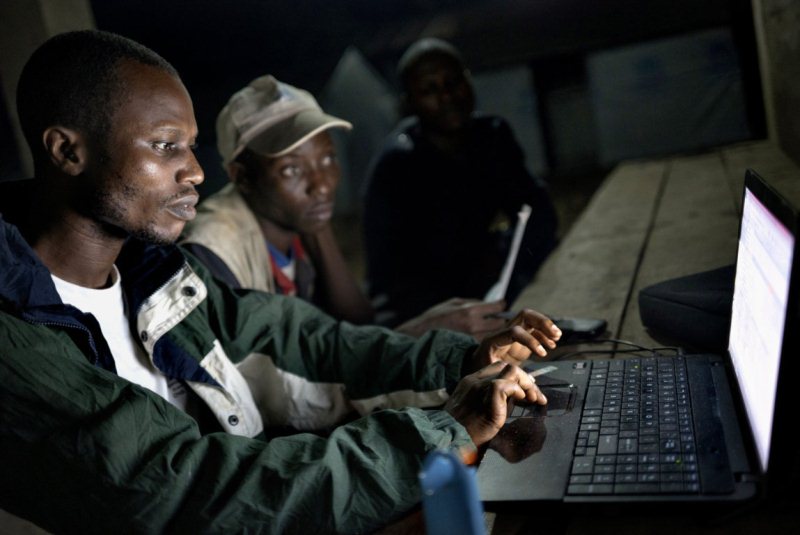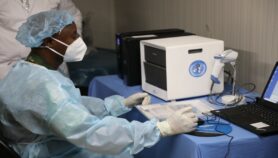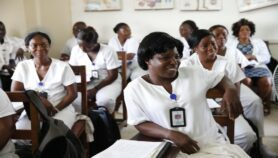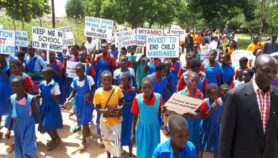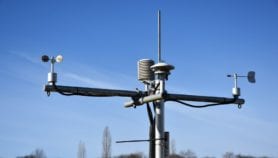By: Gilbert Nakweya
Send to a friend
The details you provide on this page will not be used to send unsolicited email, and will not be sold to a 3rd party. See privacy policy.
[NAIROBI] Countries in Sub-Saharan Africa are making concerted efforts and showing progress in collecting and analysing real-time data but they still face challenges to realise their potential, according to data science researchers.
The researchers from Kenyan-based technology community, iHub, say that lack of capacity, and high costs of collection are some of the key challenges to better data collection across the continent.
“Our National Statistics Offices (NSOs) are under-resourced to conduct frequent data collection in order to produce timely administrative datasets,” says Leonida Mutuku, who leads iHub’s data science laboratory research.
According to Mutuku, most African NSOs are underfunded, making it difficult to conduct census and representative data collection at national level frequently.
Much of the process is very manual due to limited technology infrastructure to expedite data collection,” she adds, noting that such a problem results in key datasets not being released in a timely manner.
Chris Orwa, a data research scientist at the iHub, points out that methods deployed in data collection is a key challenge.
“We have spearheaded conversations and research work on the use of data and its impacts on the ground.”
Leonida Mutuku, iHub
“Examples of method-based barriers are household surveys, which take a door-to-door approach to collecting data,” explains Orwa. “Scalability of the methods is costly and laborious while some of the socio-economic indicators can be inferred from other data avenues such cost of food, and wages.
In an exclusive interview with SciDev.Net on 21 April, Mutuku and Orwa hailed Kenya’s significant investments in data collection and called on other countries in Sub-Saharan Africa to scale up their investments in data science to achieve sustainable development.
“I think Kenya is leaps and bounds ahead in data collection compared to her regional counterparts. However, there is still a large gap in available datasets, especially those in the public domain,” says Mutuku. “There is limited access to key datasets including those on the environment, extractives and transport data that are critical to development and economic transformations.
“We have spearheaded conversations and research work on the use of data and its impacts on the ground, which have been used to shape the approaches to using data, particularly to improve access to information.”According to Orwa, iHub has 16,663 registered members working on innovative projects that could offer meaningful solution to Africa’s grand challenges in areas such as health, agriculture and technology
iHub’s data laboratory also hosts a monthly data science event where practitioners in the field meet to discuss trends, opportunities and the future. In addition, it hosts a yearly training in which university students are taken through a six week intensive data science course for free.
This is part of a set of pieces on data funded by the Hewlett Foundation.
This article has been produced by SciDev.Net's Sub-Saharan Africa desk.


